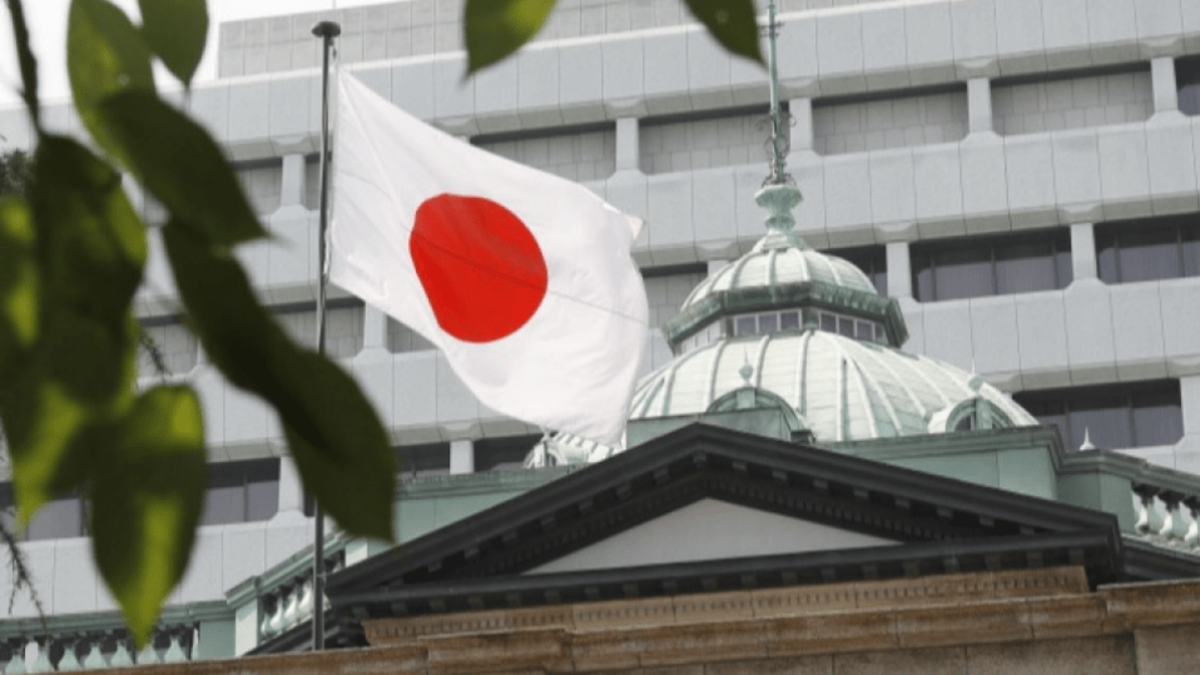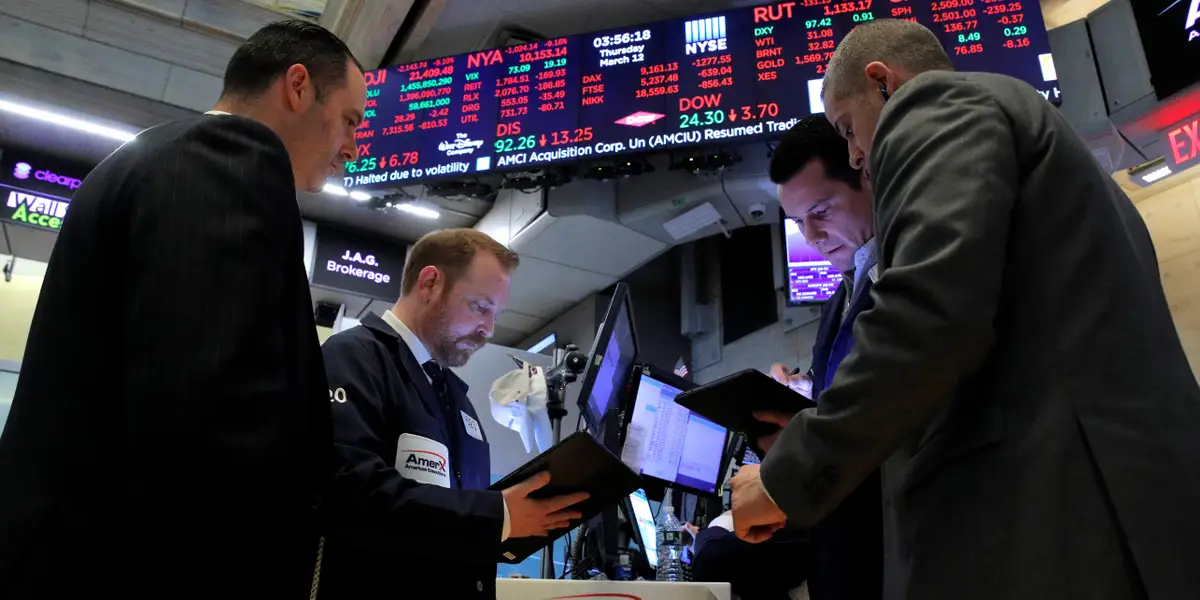
TOKYO – Business confidence among major Japanese manufacturers improved for the second consecutive quarter after a deal to lower U.S. tariffs, but the outlook was clouded by caution over the impact of the levies, the Bank of Japan’s Tankan survey showed Wednesday.
The sentiment index measuring confidence among companies such as those in the auto and electronics sectors rose to 14 in September from 13 three months earlier, slightly falling short of the average market forecast of 15 in a Kyodo News tally.
The index for large nonmanufacturers, including the service sector, was unchanged from the previous survey in June at 34, as they benefited from passing higher costs on to customers but were pressured by rising prices that prompted consumers to tighten their belts.
Looking ahead, however, big manufacturers’ sentiment is projected to worsen to 12, and that of large nonmanufacturers is expected to fall to 28, according to the central bank’s quarterly survey.
The latest Tankan was the first released since U.S. President Donald Trump eased duties on Japanese goods after a bilateral trade deal in July, with the auto tariff reduced to 15 percent from 27.5 percent in mid-September.
“The improvement (in the sentiment of large manufacturers) was limited as uncertainties persist even after Japan and the United States struck a deal,” said Yuichi Kodama, chief economist at the Meiji Yasuda Research Institute.
The latest data will be among the materials assessed at the BOJ’s next policy meeting in late October, after the central bank held interest rates steady for the fifth straight policy meeting in September.
“A larger improvement would make it easier for the BOJ to resume rate hikes,” Kodama said, adding that the latest Tankan outcome is likely to be neutral to the prospect of interest rate hikes.
Among manufacturers, sentiment in the motor vehicle sector climbed to 10 from 8 in June, but is forecast to return to 8.
Confidence among shipbuilding and heavy machinery makers jumped to 36 from 27, as they were able to pass rising costs on to customers through higher prices, the BOJ said.
In contrast, confidence among iron and steel firms fell to minus 14 from minus 3, as they factored in the impact of the higher levies.
Among nonmanufacturers, confidence in the hotel and restaurant sector plunged to 26 from 45, reflecting a slowdown in the number of foreign visitors to Japan.
The Tankan index represents the percentage of companies reporting favorable conditions minus the percentage reporting unfavorable ones.
On foreign exchange, Japanese companies expect the U.S. dollar to trade at 145.68 yen in fiscal 2025 starting April, compared with 145.72 yen in the previous survey in June, the central bank said.
The BOJ surveyed 8,870 firms, of which 99.4 percent responded between Aug. 27 and Tuesday.



